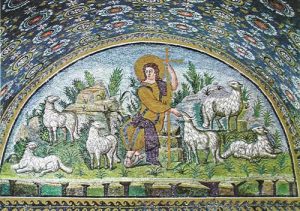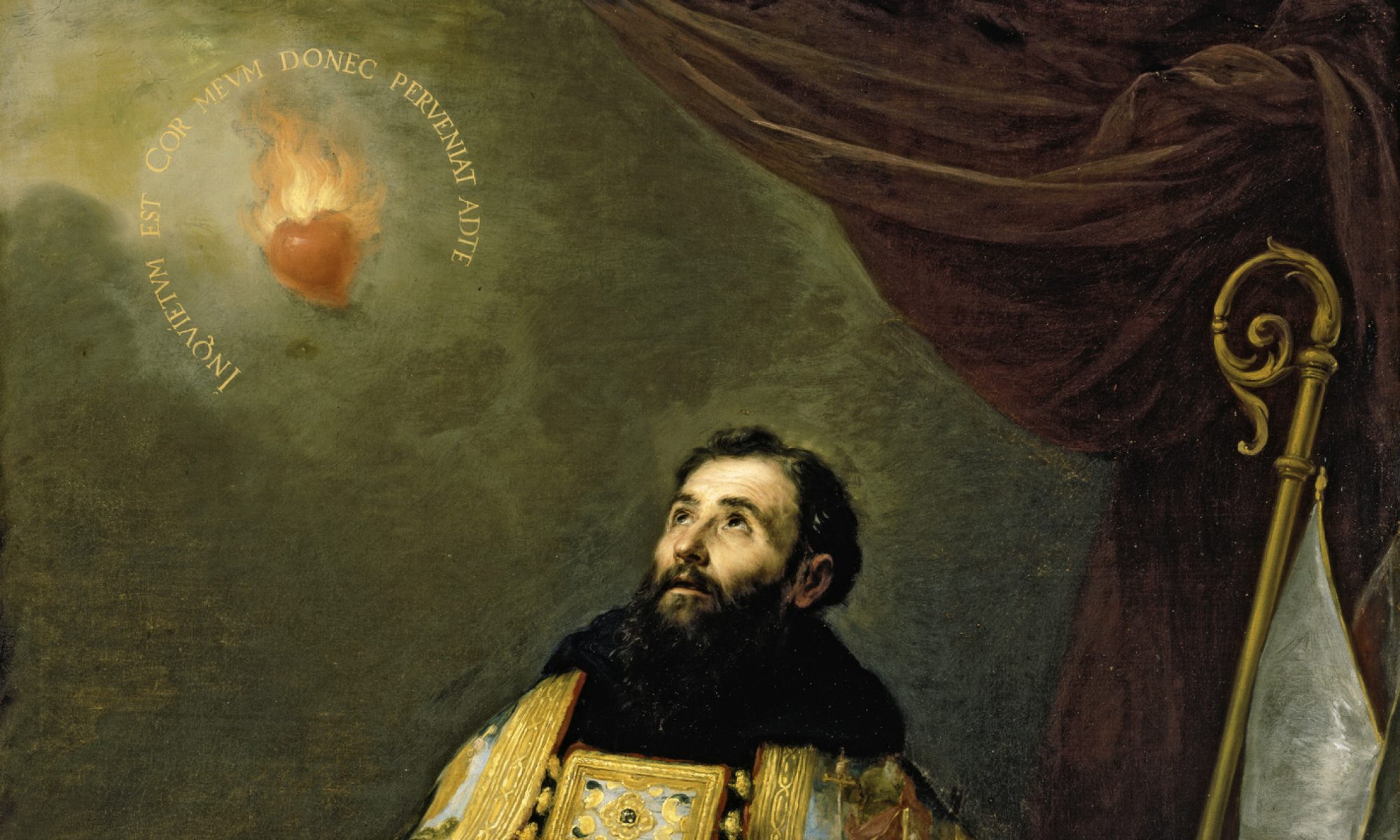Today is the 2nd Sunday after Easter. We are invited to make the most of the beautiful readings provided to us today which always lead to nourish and to feed our hungry souls with these Words of God.
Today’s epistle, taken from the first letter of St. Peter, explains to us what is meant by discipleship. Our simple understanding of this word is to follow the Lord. We must prayerfully and thoughtfully develop a simple suggestion from St. Peter. As followers of the Lord, we are open to accept sufferings for doing good, not evil, and we connect with the example of our Lord Jesus Christ as the Good Shepherd. For this, we are called to influence our fellow believers in the community and to pursue others by doing good in allegiance to the Lord. In this epistle, Peter provides his community with an example that, in believing Jesus, they have hope because He suffered for us. Jesus did not retaliate when He was maligned, and He did not respond with revenge. After all, Jesus suffered not only as an example for himself, but also on our behalf. Therefore, we must be converted to turn ourselves “back to the shepherd and bishop of your soul.”
Today’s gospel talks about Jesus as the Good Shepherd, which is one of the most familiar ways of portraying our Lord. This particular gospel is read every 4th Sunday of Easter for the Novus Ordo, but for the Traditional Mass, we jump from post-resurrection stories to a common description about Jesus being the Good Shepherd. I guess we are more advanced in mind thinking about the future. So, let us decipher some of the most important points in this gospel pericope:
First, Jesus says, “I am the good shepherd. The good shepherd lays down his life for the sheep.” (v.1) I am grateful to Jesus for offering Himself to be our Shepherd. It is true that we desire for someone to lead us, to protect us, to guide us, and to care for us always. We are a blessed flock of sheep who can rely on Him. The world, our community, our family, and friends search for someone to rely on. In this period of deception, we must listen to Jesus, who carefully distinguishes false shepherds or hirelings. Many would be coming to deceive us, but the significant character of our Good Shepherd is His commitment and readiness to lay down His life for us, for Jesus has preceded us on this perilous road.
Second, Jesus says, “I am the good shepherd. I know my own and my own know me, just as the Father knows me and I know the Father. (vv. 14,15) In this verse, we agree that His complete knowledge about His sheep refers to us, His flock. He likes us to be together under His care and guidance, as the fact is that He knows each one of us. It is also for our own safety that He tends to spend a lot of time with us for our benefit. In like manner, He spent time with His Father in prayer. In addition, He knows us better than we know ourselves.
Third, the last point of Jesus expresses this, “I have other sheep that do not belong to this fold. I must bring them also, and they will listen to my voice. So, there will be one flock, one shepherd.” (v.16) Personally, I believe the sacred intention of our Lord is to gather all people in the world as “one flock and one shepherd.” To rightly interpret these words of Jesus, we need to find its rationale for this scriptural text which refers us to the fact that Jesus of history preached to the fold of God’s chosen people, Israel. While Jesus’ earthly ministry served the Jewish people almost exclusively, His great commission to the Apostles before His ascension was to send them all into the world to preach, baptize, and thus unite His believers in one-fold. (Mt. 27:19) Here the “other sheep” refers to Gentiles willing to obey and follow the Lord Jesus Christ. Then, these righteous Gentiles heard the gospel from the lips of His disciples, sought conversion, and they became followers of Jesus. I believe that we are considered Gentiles, which means outside the fold of the chosen people of Israel. Thus, it is not proper for other denominations and religions claiming to justify their existence as being the “other sheep.” Such interpretation is wrong! Our understanding of the “other sheep” as the Gentiles who would come to believe in Christ is the natural understanding of the passage.
From our own catechism, we have learned that “Salvation History” started from the experience of our Jewish brethren which unfolded God’s love in the Old Testament through to the New Testament. Jesus was born through the cooperation of the Blessed Mother Mary and St. Joseph. Jesus lived in human history, preaching and calling His apostles. Then St. Paul wrote the epistles, and the four evangelists did the same as well. Jesus, after His passion, death, and resurrection, continues to be with us gathering other sheep to be counted among His flock. God shows His overflowing grace to establish the One, Holy, Catholic and Apostolic Church, and that is the Holy Catholic Church. The Catholic Church is open and welcoming to those people of no faith and those who belong to other faiths as part of the continuous mission of the Church by offering her grace of Salvation through Jesus Christ.
In the midst, of all confusing and competing voices, the sheep would hear their true Shepherd’s voice and follow Him. Let us walk together, listening together, and participating in the mission actively. Let the sheep live in relationships with the Shepherd and others. Let us be positive in a Synodal Church where we are willing to indulge in Communion, Participation, Mission!
God bless you.
Fr. Arlon, osa

